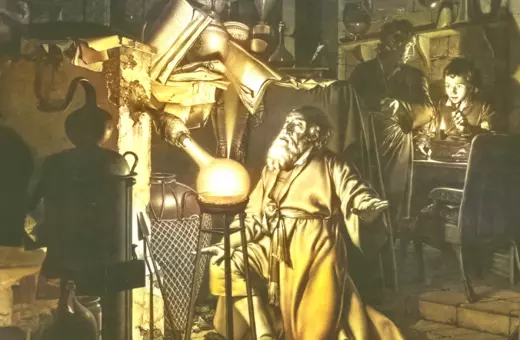We think of science as producing theories, the final result of scientist’s work. But when we try to identify what kind of thing a theory is, we run into a big problem: None of the accounts available seem to accurately describe what we know about how scientists work. Perhaps we should simply abandon the idea that science produces theories altogether and shift our focus on the actual practices of scientists. If we do that, we’ll not only gain a better understanding of the history and philosophy of science, but we’ll get closer to answering the biggest question of all: “How does science actually work?”, writes Steven French.
What is a scientific theory? We can point to any number of books and papers, seminars and YouTube talks in which all kinds of theories are presented and discussed but it would be odd, to say the least, to take any one of those books or papers and identify the theory concerned with that. Let’s take the General Theory of Relativity as an example. We can hold up and read Einstein’s original journal publication but, again, it would be bizarre to take that particular paper as the theory, not least because it was written in German, which would mean that the English translations and the re-presentations of it in countless books and other journal articles were something else, something other than that theory.
Considered as an entity of some sort, the General Theory of Relativity seems to transcend these physical manifestations. Indeed, many have suggested that theories in general are abstract things, like numbers or, more contentiously perhaps, musical works. Karl Popper, for example, argued that as well as the world of physical things and the world of mental entities, there existed a ‘World Three’, inhabited not just by scientific theories but by pieces of music, such as Beethoven’s Fifth Symphony and works of literature, such as Shakespeare’s Hamlet, waiting to be discovered. More recently Amy Thomasson has presented a similar view, arguing that such artworks, and scientific theories, can be regarded as ‘abstract artefacts’ that are brought into being by their creators’ intentions. But such views, sophisticated as they are, nevertheless jar with what we know about the process of coming up with a theory.
Consider again Einstein’s General Theory of Relativity. This did not just pop into Einstein’s head in some sort of ‘lightbulb’ or flash of inspiration moment, as it is so often portrayed in popular accounts of scientific work.
Where is the theory? Steps, missteps and proto-theories















Join the conversation